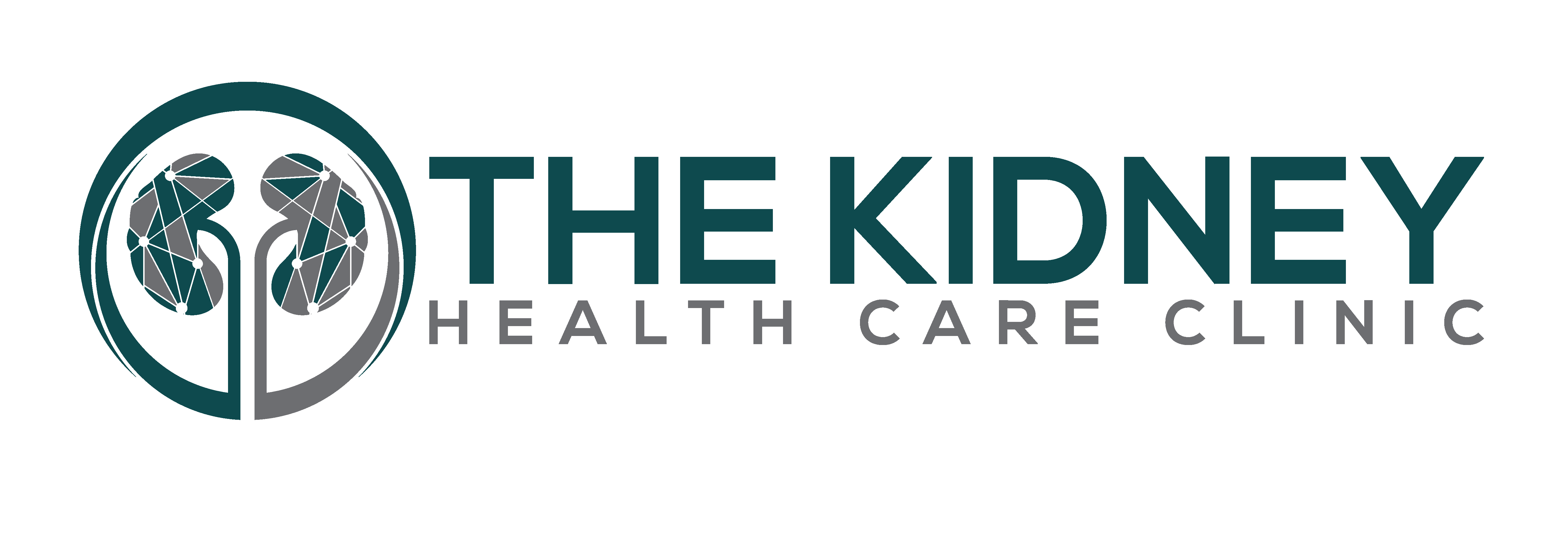Having healthy kidneys is crucial for our overall well-being. Our kidneys are vital in filtering waste, excess fluid, and toxins from our blood. In addition, they assist in the management of blood pressure, the maintenance of electrolyte equilibrium, and the production of hormones indispensable for a variety of bodily functions. However, certain factors, such as kidney disease or kidney failure, can impair the function of these essential organs. In such cases, a renal diet ensures that our kidneys are as healthy as possible.
What Is A Renal Diet?
A renal diet is a specialised eating plan that aims to promote kidney health and prevent further damage to the kidneys. It focuses on consuming foods low in sodium, phosphorus, and potassium while being mindful of protein intake. By following a renal diet, individuals with kidney disease or kidney failure can better manage their condition and inhibit the progression of the disease.
Foods To Include And Avoid In A Renal Diet
Regarding a renal diet, certain foods are recommended, and others should be avoided. Now, let’s delve deeper into these:
Foods to Include:
► Low-phosphorus Foods: Foods that are low in phosphorus include fresh fruits and vegetables, rice, pasta, bread, and corn tortillas. These foods are beneficial as high phosphorus levels can lead to calcium imbalances and bone problems for individuals with kidney disease.
► Low-potassium Foods: Examples of low-potassium foods are apples, berries, pineapples, cauliflower, cabbage, and lettuce. Incorporating these foods into your diet supports the upkeep of healthy kidney function, as excessive potassium levels can be perilous for those with kidney concerns.
► Low-sodium Foods: Foods that are low in sodium include vegetables and fresh fruits, poultry, fish, and lean meats. These foods are essential in managing blood pressure as high sodium intake can increase blood pressure levels, putting more strain on the kidneys.
Foods to Avoid:
► High-phosphorus Foods: Foods high in phosphorus include dairy products, whole grains, nuts, seeds, and legumes. These foods should be limited or avoided as excess phosphorus can further damage the kidneys.
► High-potassium Foods: Examples of high-potassium foods are bananas, oranges, potatoes, tomatoes, and avocados. These foods should be restricted as high levels of potassium can disrupt the electrolyte balance in the body.
► High-sodium Foods: Processed foods, canned goods, fast food, and snacks are typically high in sodium. To promote healthy blood pressure and decrease the likelihood of retaining excess fluids, it’s best to avoid or restrict these foods.
Importance Of Staying Hydrated
In addition to following a renal diet, staying adequately hydrated is essential for maintaining healthy kidneys. Keeping your body well-hydrated by drinking enough water helps rid it of toxins and waste products, thus preventing the onset of kidney stones and urinary tract infections. In general, it’s suggested to maintain a daily water intake of at least 8 glasses, unless instructed otherwise by a kidney specialist.
However, individuals with kidney disease should be cautious about their fluid intake, especially if they are on dialysis. They should follow the guidelines provided by their kidney specialist or nephrologist to ensure the right balance of fluids in their body.
A kidney specialist, or nephrologist in medical terms, is a healthcare professional with specialised knowledge in the detection and care of kidney diseases. They have advanced knowledge and expertise in managing various kidney conditions, performing interventions such as kidney biopsies, and providing critical care nephrology in cases of end-stage kidney disease. They are the best experts to consult for advice on renal diets.
On the other hand, aside from having an understanding of renal diets, it is also equally important to recognise the early signs and symptoms of kidney problems in order to avoid them. These may include persistent fatigue, swelling in the legs and feet, changes in urination patterns, and high blood pressure. If you encounter any of these symptoms, it’s essential to promptly seek medical assistance and schedule an appointment with a nephrologist who can deliver an accurate diagnosis and treatment plan.
